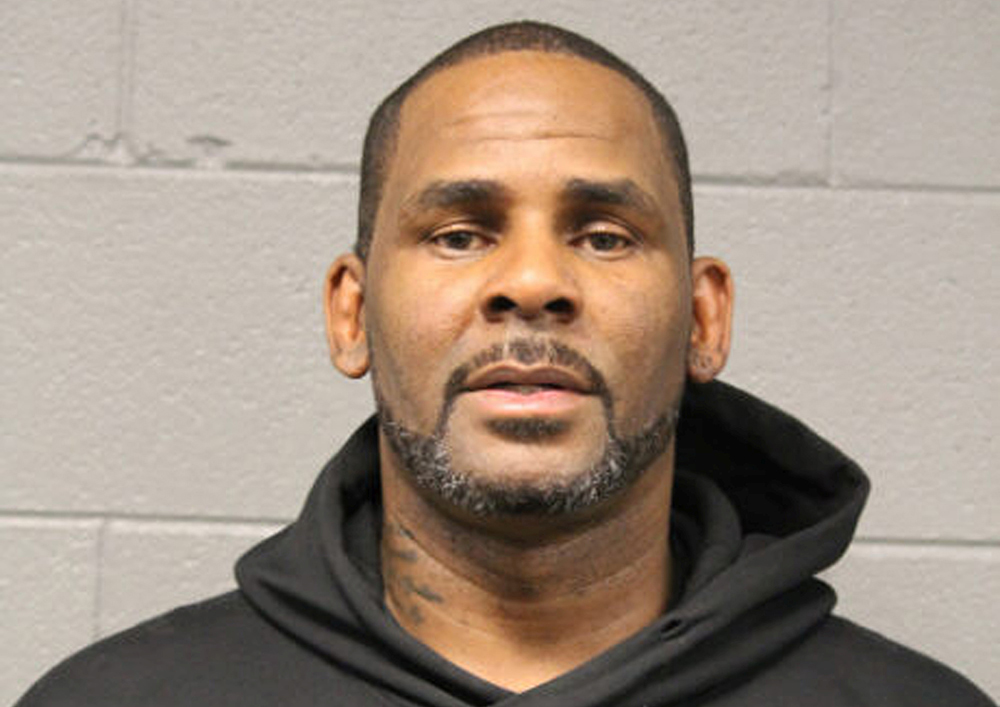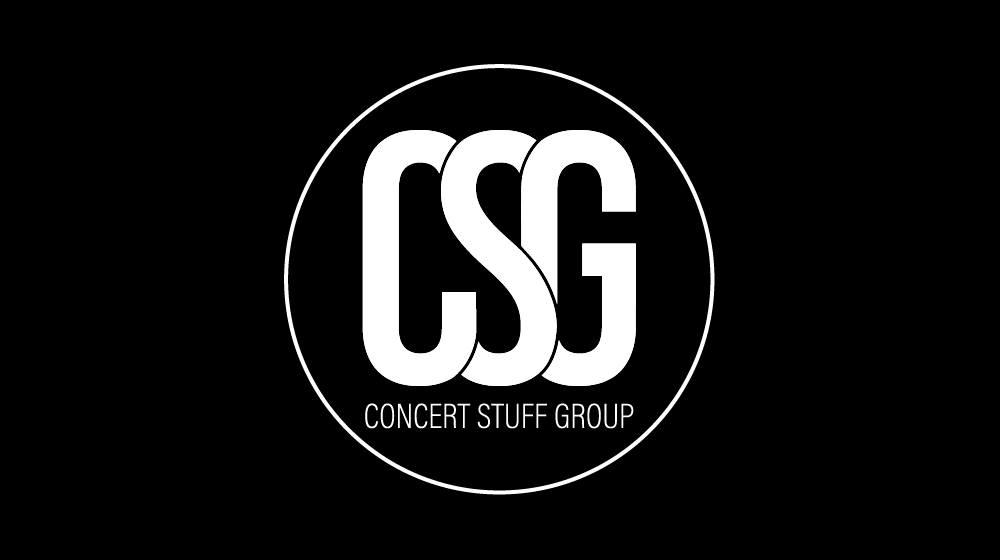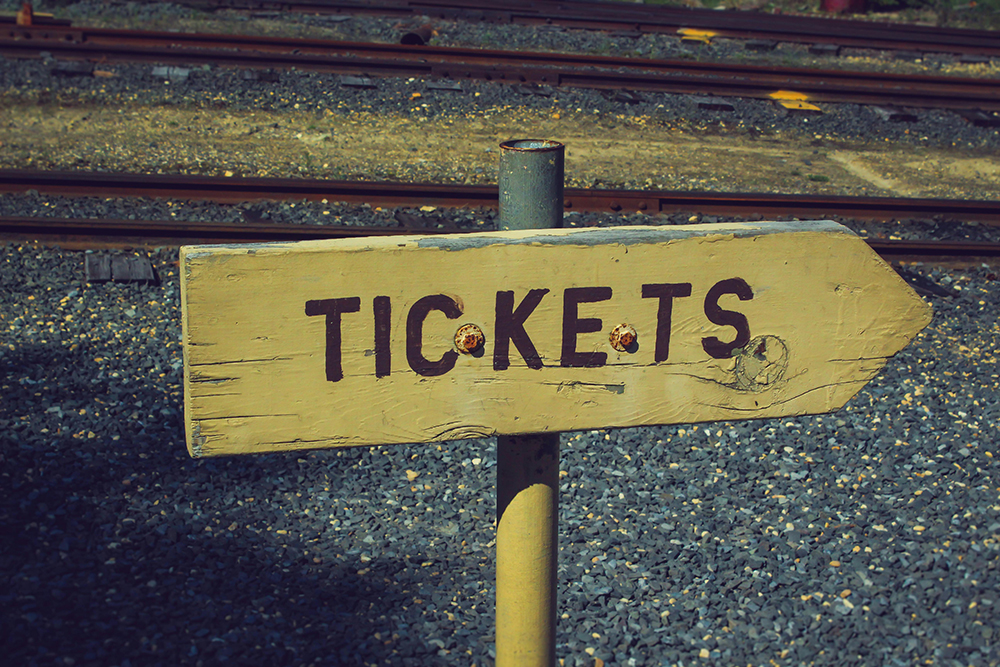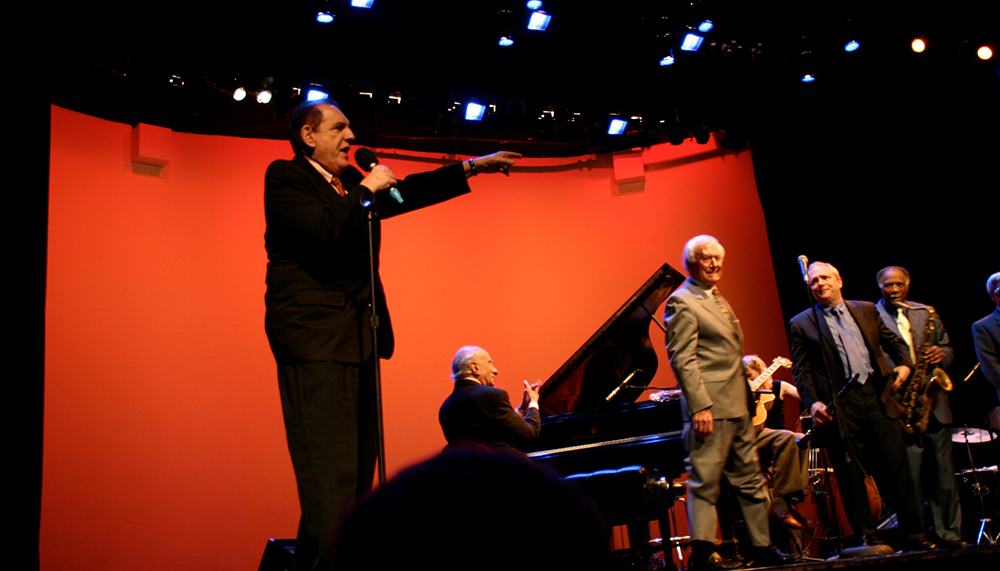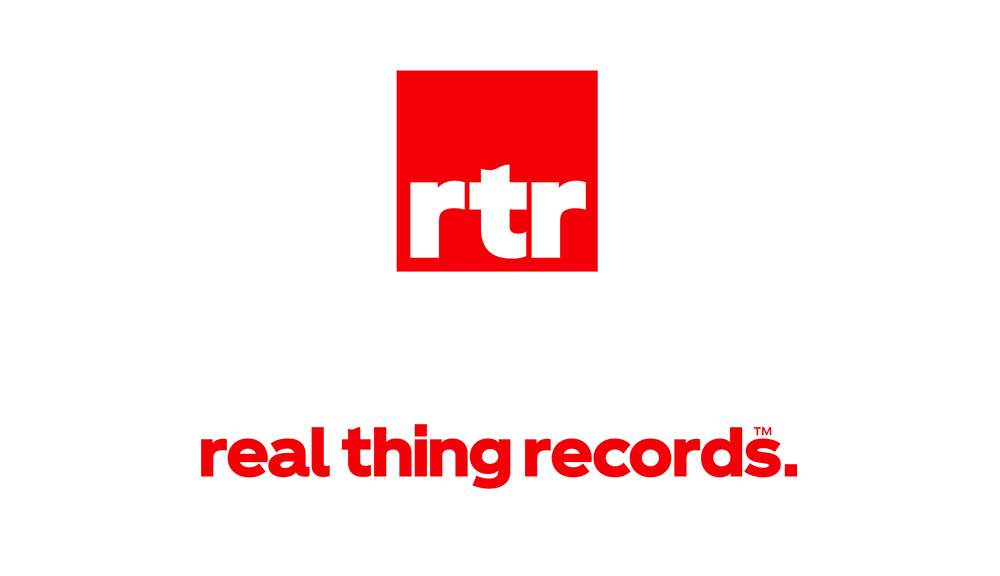With the election over, it surprises me how many are freaking out. I find it far more satisfying to understand the other side rather than warring over it. Which gets me to the importance of deeply understanding ALL sides of our complex culture rather than blindly following the electronic roadmap.
In my opinion, understanding culture is crucial in this crazy era. Less whining, more understanding. Historically, some successful individuals manage to grasp cultural nuances intuitively, while others find themselves in the right situation at the right time, and some actively work to comprehend it. Others live in their own isolation oblivious to the big picture cultural realities. Take programmers, for instance; those who have thrived over the years likely recognize the fluidity of culture. Similarly, technocrats who continually reinvent themselves and their products are typically navigating this landscape effectively. On the flip side, we can observe failures that often stem not from corruption or mismanagement, but from a disconnect with cultural currents. An unwillingness to learn. Even the best management team cannot salvage an organization that is too far ahead or behind the cultural zeitgeist.
This notion permeates every field—not just politics, content, and entertainment. Throughout my years in this industry, I’ve encountered many who dismiss this perspective as nonsense, yet most of those individuals have faded from relevance. For some, this ability comes naturally, while others need to cultivate it; however, possessing a keen awareness of cultural dynamics and acting on that insight is what ultimately drives success and relevance.
We are currently in a cyclical low period in culture, poised for a rebound, or at least setting the stage for a major shift in public consciousness. This pattern has persisted for over a century: those who can tap into it remain relevant, while those who fail to adapt find themselves out of touch and vulnerable. Culture, especially in our fast-paced, digitally-driven world, is in constant flux. Media often reflects trends for a while, becoming comfortable and affluent, until bold thinkers emerge at the right moment to challenge the status quo and create a new wave of media and popular thought. Staying attuned to cultural shifts has never been more critical; we are at a time when traditional approaches often recycle outdated ideas instead of inspiring new ones. Those who understand, act, and inspire cultural evolution will emerge victorious. This is a challenge or everyone striving to connect with audiences.
Key elements to consider include:
- Balance.** This is essential. The intersection of art and business, cultural awareness, and operational processes cannot be overstated. If you have creativity without the business acumen to execute it, success is unlikely. Conversely, a purely corporate approach without creativity will fail. Achieving equilibrium is vital, especially in changing times. Great, enduring bands exemplify this balance: soulful creativity supported by a capable team that understands the system. When artists try to manage the business side, it rarely works out, and when business teams dictate creative direction, the outcome is similarly detrimental. A solid balance allows for flexibility with cultural movements without losing direction.
- Look at success stories.** Apple exemplifies this balance, with its artistic packaging and strong corporate strategy. …a fascinating study in balancing innovation with operational excellence.
- Time Compression.** In our electronically driven world, events unfold at a rapid pace, especially online. What once took years to lose relevance can now happen in mere days.
- Consider institutions that have fallen behind.** Local newspapers, for instance, have stagnated for decades, paralleling the fate of radio, tv news and other institutions. While some have managed to reinvent themselves, many still cling to outdated models despite the potential for innovation.
- The concepts of “cool” and “lame” are significant, affecting all demographics. These evaluations are influenced by actions—trying too hard to be cool without understanding the essence can backfire, leading to a perception of being out of touch.
- Timing is everything.** Knowing when to ride a wave and when to shift direction is critical. Complacency can set in during times of success, but underground movements can suddenly surge into mainstream awareness. The radio industry in the ’90s serves as a cautionary tale; it became so self-involved that it missed emerging challenges like streaming, satellite and Internet radio.
I am convinced a significant shift is underway—a new collective awareness that I hope more people will embrace. You can either seize this opportunity and align yourself with it or risk being left behind. Observing how people communicate today offers insights into this evolution; for example, many now phrase their thoughts as questions, reflecting a shift in speech patterns that has developed over the decades.
Understanding leads to solutions.

























